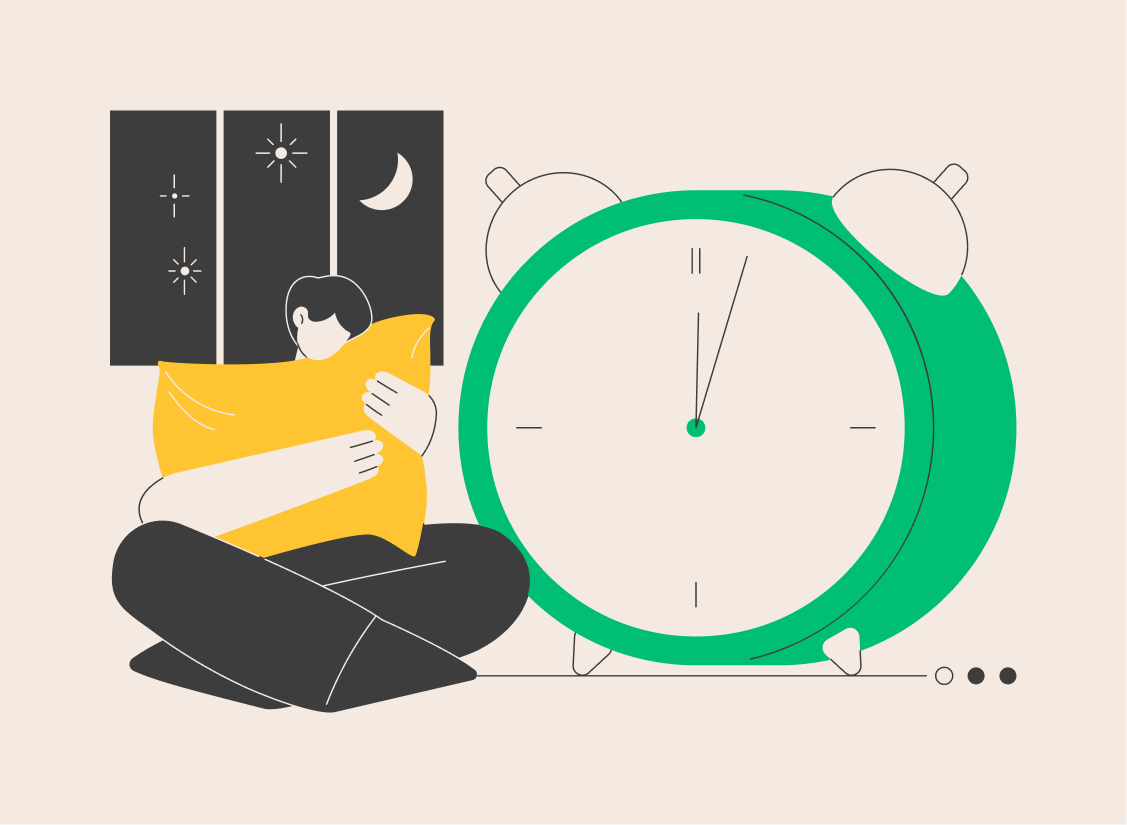Regular Physical Activity
While napping can be a quick way to recharge, long or late-day naps can interfere with your nighttime sleep. Follow these guidelines to ensure your naps boost, rather than hinder, overall sleep quality.

IntroductionBenefits of Regular ExerciseOptimal Timing for ExerciseTypes of Beneficial ExercisePrecautions for Evening WorkoutsCreating a Balanced Routine
Ready to Transform Your Sleep?
Download Zen Melodies today and start your journey to deeper, more restful sleep with our expertly crafted soundscapes.
Download appBrian Nguyen
·2 minutes read
Engaging in regular, moderate exercise is a proven strategy to enhance sleep quality, but timing is key to avoid its energizing effects close to bedtime.
Benefits of Regular Exercise
- Enhances Deep Sleep: Consistent exercise can increase the duration of deep sleep, the most restorative sleep phase.
- Eases Stress and Anxiety: Physical activity reduces stress levels, making it easier to fall asleep and stay asleep.
- Regulates Sleep Patterns: Exercising in the morning or afternoon can help regulate your body's circadian rhythm, promoting a natural sleep-wake cycle.
Optimal Timing for Exercise
-
Morning Workouts: Kickstart your day with exercise to enjoy prolonged daytime energy and a natural winding down by evening.
-
Afternoon Activities: If mornings aren’t feasible, the afternoon is another excellent time to engage in physical activity, allowing your body to cool down and relax by bedtime.
Types of Beneficial Exercise
- Aerobic Exercises: Walking, jogging, cycling, and swimming are great for boosting heart health and sleep quality.
- Strength Training: Moderate strength training can improve sleep, but aim to complete these workouts a few hours before bedtime.
- Yoga and Stretching: Evening yoga or gentle stretching can relax the mind and body, preparing you for sleep.
Precautions for Evening Workouts
- Avoid intense workouts close to bedtime as they can increase heart rate and adrenaline levels, making it difficult to fall asleep.
- If evening exercise is your only option, opt for gentle activities like yoga or a leisurely walk.
Creating a Balanced Routine
- Integrate a mix of cardiovascular, strength, and flexibility exercises into your weekly routine.
- Listen to your body and adjust the intensity of your workouts based on how they affect your sleep.
By incorporating regular physical activity into your daily schedule and being mindful of its timing, you can significantly improve your sleep quality and overall well-being.
Find more productivity methods
Or explore on your own



